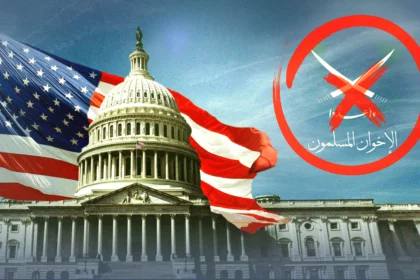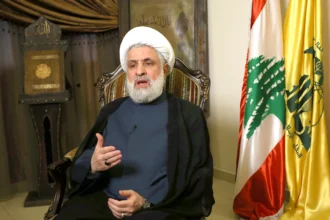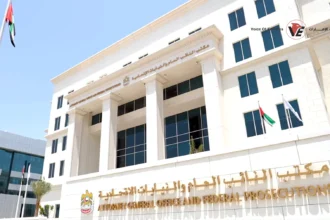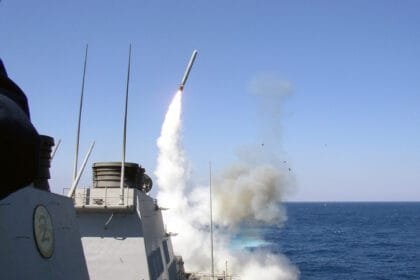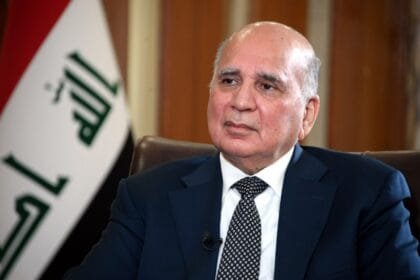London, Britain – US President Donald Trump will meet British Prime Minister Keir Starmer on Thursday.
This is in talks that focus on global affairs rather than domestic political issues.
In an unprecedented event for a US president, Trump visits Britain for the second time.
Trump and Starmer will celebrate the unveiling of a US investment package in Britain worth 150 billion pounds ($205 billion).
This comes after a day full of official ceremonies and celebrations in which Trump boarded a royal carriage accompanied by Britain’s King Charles, and participated in an official banquet.
These deals, which address areas such as technology, energy and life sciences, will add new momentum to what is known as the “special relationship” between the two countries.
This is a relationship that Starmer has been keen to strengthen since Trump took office in January (January).
A meeting that may not be without risks
Trump spoke alongside King Charles at Windsor Castle, the oldest and largest inhabited castle in the world, calling his visit “truly one of the highest honors of my life”.
Starmer hopes this positive feeling will continue on Thursday.
In addition to preventing the US President from delving into more sensitive topics such as Britain’s Internet safety laws and its position on Israel.
Starmer will shift focus to foreign affairs when he hosts Trump at his rural residence in Checkers.
In an attempt to persuade the US President to take a tougher stance towards Russia due to its comprehensive invasion of Ukraine.
Israel and Gaza
Regarding Israel, the British Prime Minister is facing pressure to discuss the issue of the attack on Gaza with Trump.
He expressed dissatisfaction with Israeli airstrikes against Hamas leaders in Qatar, but was generally supportive of Prime Minister Benjamin Netanyahu.
Trump criticized some European countries for their decision to recognize a Palestinian state.
He described it as a “reward for Hamas,” yet told reporters he didn’t mind Starmer “taking a stand.”
“These two geopolitical areas are likely to be points of contention in the talks,” said Evie Aspinall, director of the British Foreign Policy Group think tank. There will be awkward moments during those conversations.”









